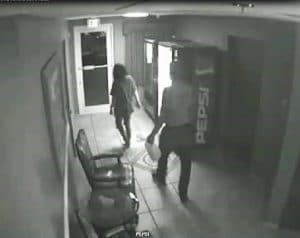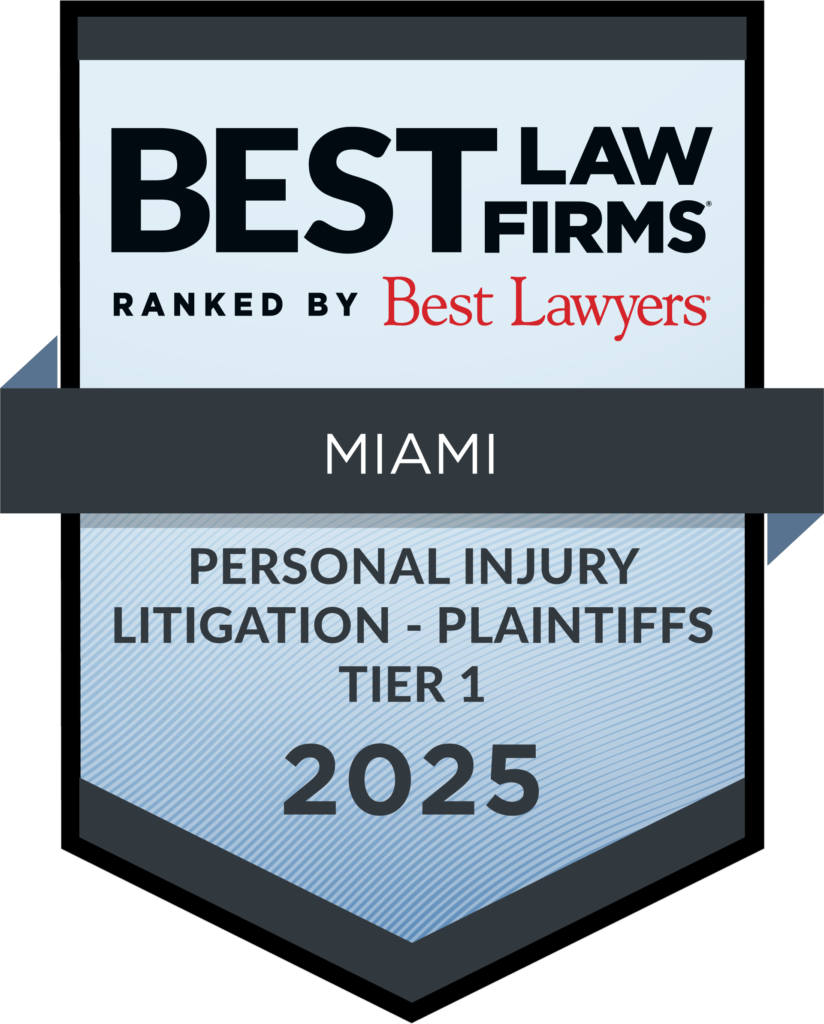The Nuts And Bolts of Negligent Security Cases
By: Michael Haggard (Bio) and Christopher Marlowe (Bio), The Haggard Law Firm
Negligent security cases are time consuming, very costly, require a hyper attention to detail, a team effort and knowledge of foreseeability, and in many cases criminal law and a ‘typical’ negligent security case does not and will not ever exist. Our firm has handled hundreds of these cases over the years and have obtained more than $400 million in results for our clients. We can most affirmatively say the immense challenges of these cases are outweighed by the results that can help bring justice to a victim or family that the criminal justice system may never be able to provide, while also changing the way a business or entire industry operates.
In a wrongful death car accident case, we all know to preserve evidence, request the relevant reports, statements and traffic homicide reports. We contact the witnesses tied to this particular moment in time, hound law enforcement and medical examiners to make sure we have all evidence tied to the incident, and begin working these pieces into the theory we hope will increase the probability of success at the end of the case. While this basic and incomplete framework is an important part of a negligent security case as well, it does not account for the historical analysis necessary to place the subject incident in the perspective necessary to appreciate which theory is best, and why.
Power of Foreseeability: $100 million verdict
Like any of the most complicated areas of practice there are multiple layers to consider when litigating a negligent security case. Foreseeability of the act in question, most often a crime, is the first element of the case to consider. For example, it is good to know whether a particular shooting or sexual assault occurred in the common area of an apartment complex, over which the owner or manager had exclusive control. It is important to know whether there is a history of any such activity upon the Premises, and in the areas adjacent or related thereto. There is a history of cases where the Plaintiff counsel assumes that because the crime does not appear to be a “hit” and because the crime on the property is “bad” that their case is a winner. Some of the most common arguments by defense council are tied to the character of the victim or because the area may have a high crime rate there isn’t much the property owner could have done to stop the incident that caused the death or harm of your client. In most states, neither argument has much merit because of the statutes that lay out the responsibility of the property owner to take reasonable measures to protect all guests, residents or customers on a commercial property from harm. In November 2007, we successfully obtained a $102.7 million verdict in a negligent security shooting case thought to be the largest verdict of its kind in the country. We represented a patron of an exotic dance club. Our client sat waiting in his car for his friend to return from retrieving his wallet when he was approached by an unknown person who attempted to rob him at gunpoint. The assailant shot our young client. The bullets rendered him a ventilator-dependent quadriplegic. The jury found that the strip mall where the club was located did not have sufficient security, as there was only one guard on duty. The strip mall’s ownership admitted they had never spent one dollar on security or safety despite the fact there were 26 violent crimes on the same property during the seven years prior to the shooting of our client. Video on Case
Injured or lost a love one on the property of a business, apartment complex or hotel? We want to hear your story, click here or call 305.446.5700
Full Speed Investigation
Just as the homicide detective should be doing, the negligent security practitioner is on the scene canvassing for witnesses as soon as possible. These are not simply witnesses to the crime itself. The residents or employees at an apartment complex, the customers at a local mall, or motel guests or employees can speak to the history of the particular business in the days, months and years leading up to your client’s incident. While an easily accessible crime grid can help establish foreseeability, it is these witnesses that can bring the argument to life. One must be comfortable with the fact that even as you near trial, many questions surrounding the crime may never be known which makes these witnesses that are best cultivated in the early part of your investigation key elements to your case. Your investigation may also include research and prying into every resource at your disposal and available to you through both formal discovery and independent background research. There is no rest when examining the migration of tenants, guests and other visitors to the property, and searches for all relevant historical ties to the property, and to those who have worked at, lived, or visited it. A systematic inquiry, regardless of what the police reports for the property show (or don’t), will place the incident itself within a broader framework.
(Click to review Notable Negligent Security Cases)
Negligent Security and Crimes of Opportunity

We recently obtained a $12 million verdict in a wrongful death case (Machado v. The Waves of Hialeah) against the owner/operator of a rent-by-the-hour motel in Hialeah, Florida. By all accounts, there had been no history of homicide or rape at the motel. The subject and the victim were strangers to each other, and at the time of her attack, the victim had a blood alcohol reading well above the legal limit for driving. The Defendant relied heavily on the absence of prior sexual batteries and murders or attempted murders, and argued that surveillance video showed a consensual sexual encounter gone tragically wrong. They further argued that even though they had no “real” prior crime, they did the responsible thing and provided a dedicated security guard to patrol the property. (News Coverage of Case)
Through discovery, and until the last day of trial, the defendant maintained laser focus on a paint-by- numbers defense to negligent security lawsuits. First, low crime. Second, a drunk victim. Third, a video arguably showing initial consent to sexual activity. Fourth, they had a security guard. Finally, the criminal who committed the act was so outrageously violent and demented, that no reasonable owner/manager should have foreseen that a person walking calmly around the premises would turn into a madman in the blink of an eye.
In preparation for trial, we closely examined all of the surveillance footage produced by the Defendant’s own CCTV systems. While there were several excerpts both sides used extensively, there were also very long, boring, and seemingly uneventful times where nothing appears to be happening. Staring at a tv screen watching a hallway, where the most interesting thing shows a man pushing a cart down a hallway, getting out a mop, and loading bath towels onto a cart is not exciting stuff – unless that man is actually the claimed security guard.
On cross examination at trial, the owner of the motel admitted he had never seen his security officer doing the kind of housekeeping shown in the video, which was taken at the same time our client was being beaten to death on the edge of the parking lot. After the 5-day trial, the jury returned its $12,000,000 verdict, and found no comparative fault upon the victim or anyone else, a point which meant far more to our clients than the financial result. Sometimes, a negligent security case can be as much about negligent management and inattention to critical details. Mismanagement can indeed create an inadequately secured environment, as was the case at The Waves. In other instances, as with the broad daylight murder of a Marine Corp veteran at an otherwise completely safe complex in Plantation whose widow we proudly represented, the failure can be on the defendant’s failure to actually read the background checks of one of its tenants, who harbored a dangerous relative. Nelson v. Greystar Management (Broward County). Just a few lines from a third party subpoena to the tenant screening provider in Texas took that case in a whole new direction, and saved a very difficult case from otherwise problematic foreseeability and preventability problems.
Many Paths to Justice
With negligent security cases, the avenues to a successful outcome are as varied as the clients and circumstances themselves. The path to ruin is equally diverse, and usually follows an evaluation and case strategy that presumes from the beginning that there is a simple formula to follow. The moving parts in any negligent security are so varied, so inherently human, and traditionally develop over such a protracted period of time, that treating the case as a simple snapshot in time will invariably either devalue the case or cause critical evidence to be either minimized or overlooked entirely.
Remember, negligent security cases are never just about “more security.”











